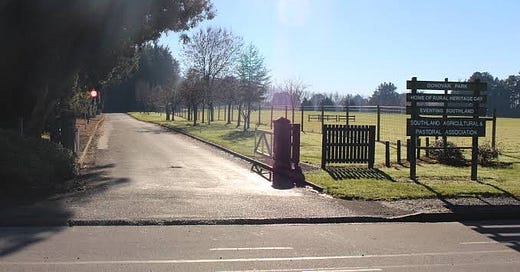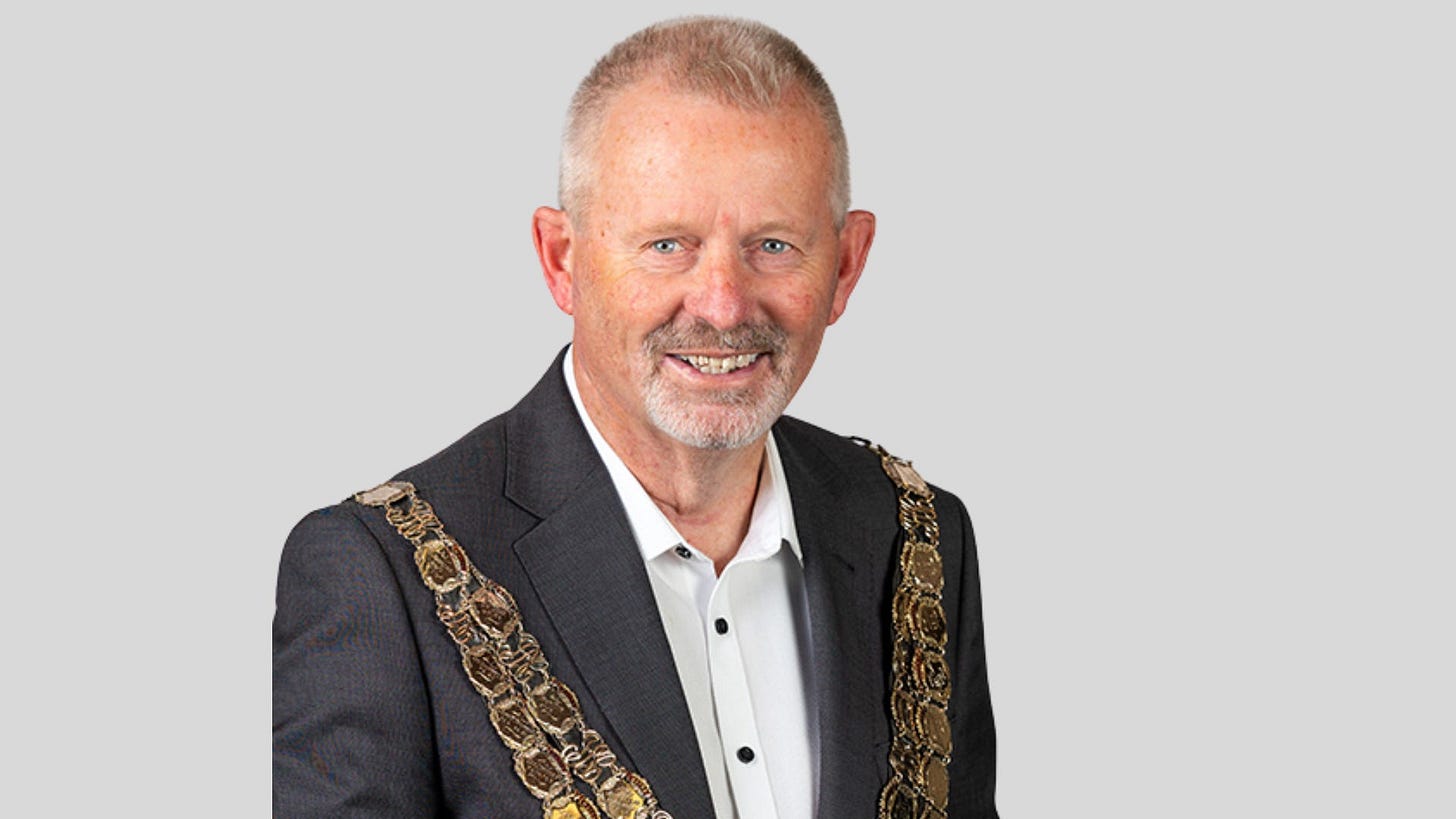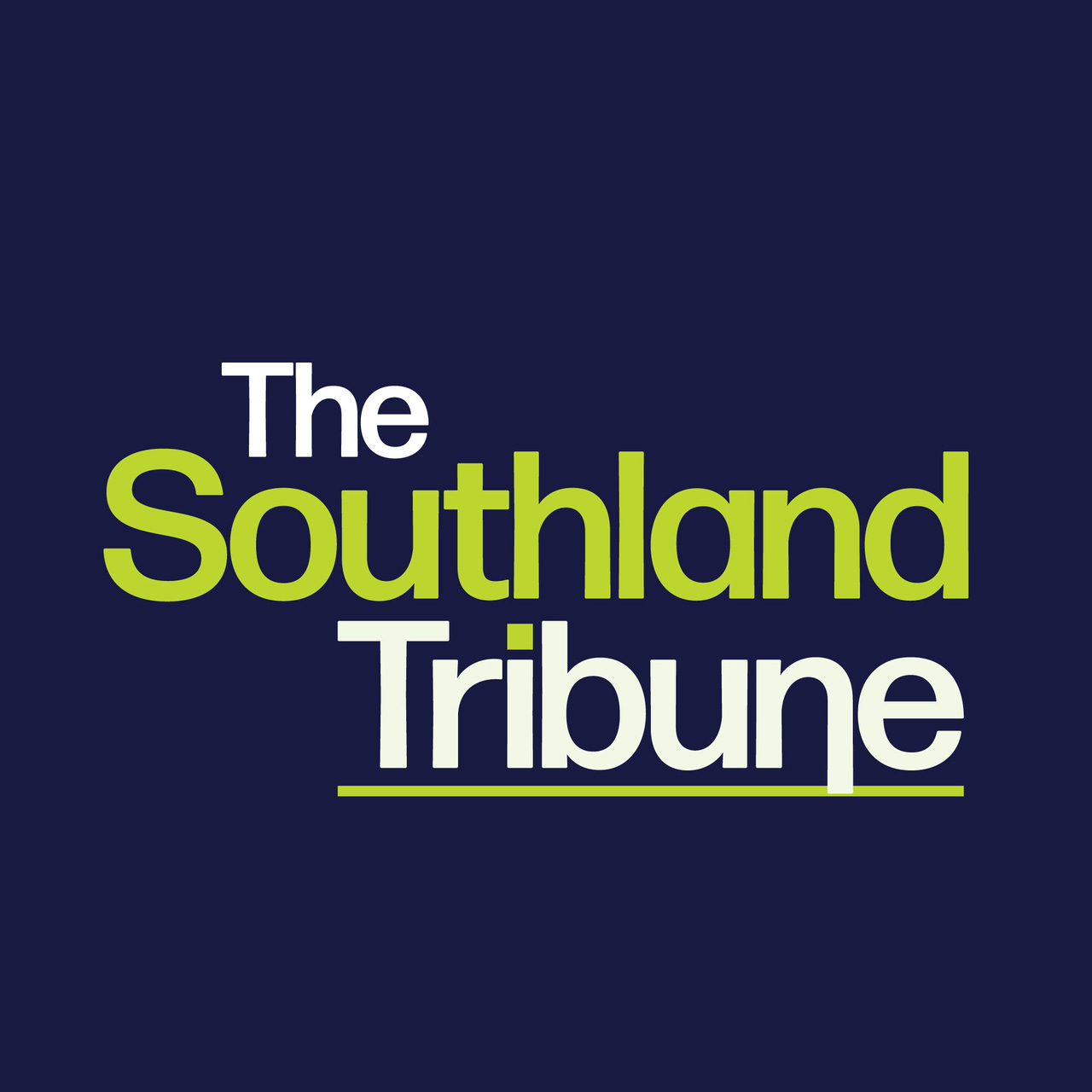From the 1964 sale to failed golf course and fun-park plans
During the 1980s several developments to Donovan Park were proposed. One suggestion was the construction and development of a fun-park, or Leisureland.
Invercargill Mayor Nobby Clark is pushing for the sale of some Donovan Park farmland with the matter to be raised at the council’s next meeting. Let’s take a moment to have a look at the history attached to the 70-plus hectares of north Invercargill land.
The Invercargill City Council purchased Donovan Park in 1964 from the Donovan family, or more specifically from Rachel Donovan,
They paid £60,000 for the 70-odd hectares. In current day money that equates to just over $3 million.
The acquisition of the land was instigated by councillor OJ Henderson with the Invercargill City Council taking out a loan to raise the required funds.
Over the years there have been many proposed landscape developments and modifications, some of which were partially adopted, but most rejected to preserve the open parkland environment.
The P H Vickery Trust made one such proposal in 1965. It involved an application to purchase ten acres of Donovan Park for the purpose of developing a home for the care of elderly persons.
Mayor Nobby Clark is now pushing for the sale of some land to help increase elderly housing stocks.
That application in 1965 was declined.
At the time of 1963 purchase, the Southland County Council voiced concerns on the grounds that productive farmland was being alienated and that the county council was loathed to see further expansion of the city’s boundaries.
However, the county council eventually assented that no more than 12.5 hectares would immediately be developed as parkland and the balance be retained in farming until at least 1980.
In 1968, part of the land fronting Bainfield Road was developed for sports fields and the balance of the area was leased for farming.
Shelterbelt trees were planted along the western boundary in the same year. In 1967, the Southland Branch of the New Zealand Institute of Architects offered to participate in planning the development of Donovan Park, at their own expense.
The city council at the time did not see this as necessary and did not accept the offer. In the same year, the council was considering subdivision and roading development, involving Donovan Park land. These concepts were rejected.
The Board of Education approached the city council in 1970 regarding the possible purchase of a portion of Donovan Park for the purpose of establishing an intermediate or secondary school for north Invercargill. It was felt that it would fit in well with the proposed extension of the city boundary.
However, as a large amount of Donovan Park was within the Southland County Council boundary, that county council stipulated conditions that prevented the utilisation of the area for uses other than sport and farming until at least 1980.
As a loan was raised for the purchase of the property as a recreation area in 1964, the proposal was declined.
In 1971 Donovan Park was declared a public reserve for recreation purposes.
That same year the city council requested the Landscape Consulting Service of Lincoln College to prepare a development plan for Donovan Park.
The plan was presented to the council in 1972 and, although the council had approved the draft plan, the final plan was not formally adopted.
It entailed the development of areas such as playing fields, a motor camp, zoological garden, nine-hole golf course and a formal rose garden.
The plan was presented to the council in 1978 and was adopted in very broad principle.
The proposal to develop a propagating department and nursery within Donovan Park emerged in 1978, and in 1981 an area of close to 6.5 hectares was surveyed off in the north-east corner of the reserve for the development of a nursery.
In 1978, William Bengyfield submitted a proposal for the development of a golf course at Donovan Park. This proposal, like most of the developments suggested by Lincoln College, was not adopted.
During the mid 1980s subsidised labour schemes such as Workskills Projects, PEP, TAPS, and ACCESS were co-ordinated by the City Council and based at Donovan Park.
Young unemployed people gained practical skills in planting and other landscaping work by assisting with the construction of the lake, bridges and access ways, as well as fencing within the farmland, and the burning and clearing of gorse hedges.
The work carried out and the overall development achieved enhanced the parkland significantly.
The proposed conversion of the original Donovan family home to a restaurant was presented in 1981.
AC and RA Neilson proposed to convert the run-down building into a restaurant with the capacity to seat 55 people at one time. The proposal was accepted in 1982 and a lease signed to include the original family home, outbuildings and grounds measuring 2,648m², for a period of 14 years.
Renovation of the building and grounds was carried out, and in 1984 the restaurant became a licensed premises.
During the 1980s several more developments to Donovan Park were proposed. One suggestion was the construction and development of a fun-park, or Leisureland. Another was the formation of a campervan park.
Both of these were declined as they were not deemed to be in demand or necessary to Invercargill.
However, the concept of developing an arboretum throughout the park was partially accepted, but was basically a continuation of the landscape developments suggested by Lincoln College.
In the 1980s the nursery was shifted from Queens Park to Donovan Park. In the mid to late 1990s Crops for Southland approached the Invercargill City Council regarding the possibility of modifying and utilising a portion of the Donovan Park farm for crop research.
In 1997 a lease agreement was signed, bonding Crops for Southland to a five-year lease with the Parks Division, and development of the new Crops Centre to the west of the Municipal Nursery began.
Research and work at the Crops Centre was carried out in the interest of benefiting the economy and general public of Invercargill and Southland.
After months of little active use for crops purposes and with the closure of the lease, the parks division reoccupied the site.
In 1996, the Southland Fish and Game Council proposed the release of rainbow trout into Donovan Park’s waters for the promotion of fishing activities for young people.
The Parks Manager accepted and supported the release - however, the concept and promotion has not been continued.
During 1997, the YMCA approached the Parks Division with a proposal to utilise part of the park for their Learning Experiences outside the Classroom (LEOTC) programme.
They requested the use of the shearing shed and surrounding yard, the authenticity being very appealing, and the prefab for the operation of ‘Classroom in the Paddock’ that was part of the LEOTC programme.
The buildings and yard were used to teach school pupils about farming activities but in 2000 the programme was discontinued due to a reduction in funding.
In May 2000, the Parks Division was approached by the Otatara Community Church Mental Health Outreach group regarding the use of a section of the park for growing vegetables as part of its client rehabilitation programme.
This section was named Bainfield Garden. The Parks Manager granted permission for the group to use this section of farmland for a trial period of twelve months at which stage the use of the area would be assessed and, if desirable, a more permanent agreement entered into.
In 2002 a lease was signed between Council and the Otatara Community Church. In 2007 the Otatara Community Church Outreach gifted Bainfield Garden to the Christian Centre Charitable Trust to carry on with the client rehabilitation programme.
That same year a lease was signed between Council and the Christian Centre Charitable Trust.
The development of a Rare Breeds and Heritage Farm section within Donovan Park was also proposed. This never eventuated.
Auckland Island Pigs were relocated to Donovan Park for quarantine in 2001 and were removed in 2009.
In November 2002 crowds of people flocked to Donovan Park for its first Rural Heritage Day to celebrate Southland’s rural traditions. The day had been aimed at giving the public an idea of what life was like in rural Southland during the 1920s and 1930s.
Rural Heritage Day has featured all manner of displays relating to the province’s heritage, including teams of working horses, sheep shearing, vintage machinery in action, traditional games, rural craft and domestic activities, and heirloom breed displays. This event continued on through to 2009.
2005 was the grand opening of the Donovan Park Junior Golf Training Area. Steve Williams, former caddy of Tiger Woods, was present to officially open the facility.
The Steve Williams Foundation contributed $3,000 towards the Donovan Park project, while the ILT Sports Foundation contributed $15,000 and Community Trust of Southland gave $6,600.
The Invercargill City Council made the ground available. The area, located beside the Waikiwi rugby grounds, includes a big undulating putting green, four tee areas and five target greens.
Council received a business grant towards a reciprocating grate boiler for the Nursery as part of the Wood Energy Grant Scheme from the Energy Efficiency and Conservation Authority in 2010.
Achieving the grant enabled local manufacturer Fogarty Industries to develop and construct a boiler that could burn the wide range of wood fuels that the council produces.
This project has achieved its two objectives:
Decreasing the use of fossil fuels, thereby reducing the Council's carbon footprint as well as reducing other emissions to the atmosphere.
Reducing costs by burning lower-cost fuels.
In 2011 the Parks Division received an environmental innovator award for this project.
Since 2010, Donovan Park has been the club base for Lorneville-Makarewa Pony Club and their riding activities. In 2011 was the establishment of the Oak Quercus/Arboretum.
Donovan Park currently remains as rural parkland, as it was intended when purchased by the city. The farm is still in operation, the parkland and sports grounds are provided for the benefit and enjoyment of the public, and all other activities undertaken within its confines are in compliance with the Reserves Act 1977 and the Donovan Park Management Plan.
Information for this run down of Donovan Park’s history was sourced from the Invercargill City Council’s Donovan Park Management Plan.








